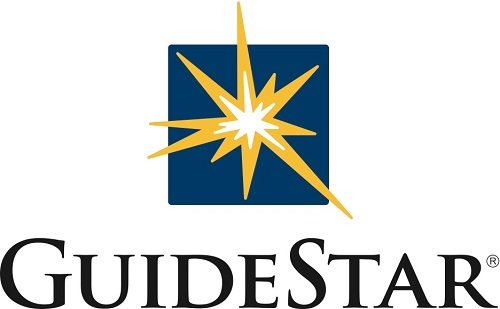
Yesterday, GuideStar announced an important new initiative to monitor the diversity of the nonprofit sector. It plans to work with the D5 Coalition and a range of other partners to collect diversity data about staff, board, and volunteer demographics in nonprofits and philanthropy. Saying that past sporadic attempts to collect such information were inadequate, Kelly Brown, Director of the D5 coalition, said that the end game of the project is diversity in the sector that is reflective of current demographics, but also inclusion and equity.
Jacob Harold, the president and CEO of GuideStar, said that the effort will use the GuideStar Exchange to collect voluntary information and that he hopes they will be able to attract 200,000 organizational participants over the next two years. New questions will be added to those listed currently. Harold said in a press call yesterday that the effort is critical in that, considering the demographics of the United States, the question of who is leading and participating in nonprofits and philanthropy is equally as important as what their budgets tell us about them. This is not just a moral challenge,” he said, “it’s a strategic opportunity…the goal is not data but diversity.”
Lending additional credence to the effort is the partnership with Green 2.0, which earlier this year issued the groundbreaking “Diversity In Environmental Institutions.” NPQwrote here about this report when it was released.
Sign up for our free newsletters
Subscribe to NPQ's newsletters to have our top stories delivered directly to your inbox.
By signing up, you agree to our privacy policy and terms of use, and to receive messages from NPQ and our partners.
A number of foundations have pledged to support the effort, among them the W.K. Kellogg Foundation, the Kresge Foundation, the Rockefeller Brothers Fund, and the California Endowment. According to a press release:
“The new data collection feature of the GuideStar Exchange provides recommended standards for organizations to voluntarily share information about the make up of board members, staff, and volunteers based on gender, sexual orientation, race/ethnicity, and ability/disability. Organizations can enter this information into the free GuideStar Exchange, or they can integrate the standards into their own collection and reporting systems, such as voluntary surveys, annual assessments or client intake forms—whatever an organization determines is the best mechanism.”
While the standards have been developed with broad participation of numerous partners—including The Foundation Center, the Race and Equity in Philanthropy group, regional associations of foundations, and others—they remain a work in progress.
“We are excited to participate in the GuideStar Exchange effort,” said Stephen Heinz of the Rockefeller Brothers Fund, “and encourage others to do so. This builds on the work of many organizations over the past few years, and we are particularly appreciative of the efforts of GuideStar, D5, and Green 2.0 to make this happen. Shared data furthers the possibility of shared understanding and progress across all of our efforts as we support a nonprofit sector that responds to the demographic realities of our nation.”
NPQ will keep readers informed about how the project will be structured and how they can participate.













